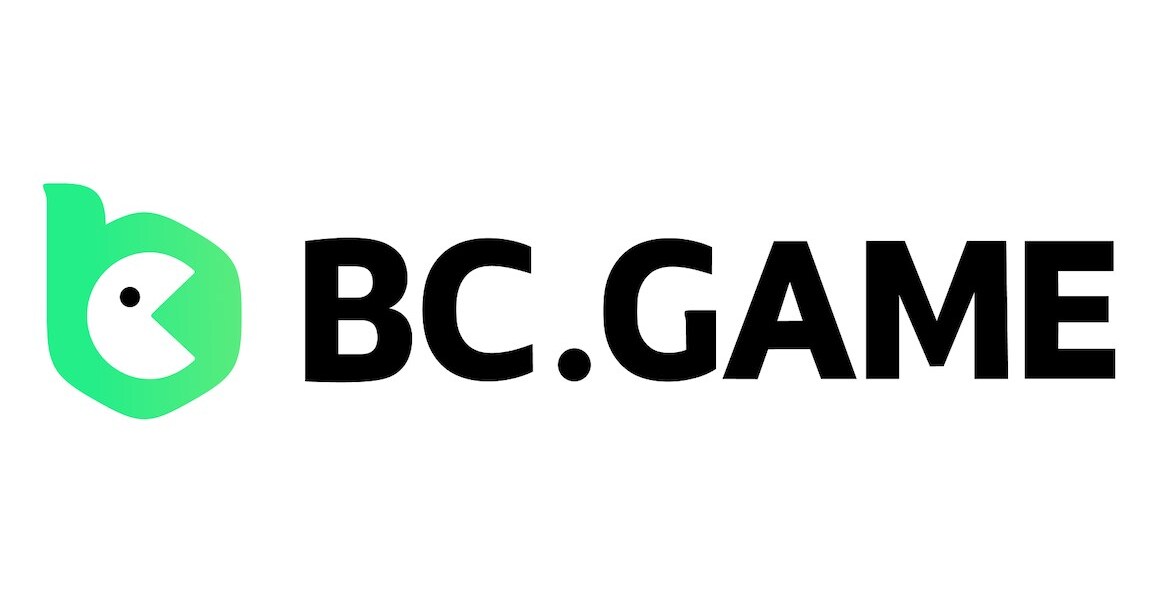Understanding Stake and For in Decision Making
The concepts of stake and for are essential in understanding how decisions are made both in personal contexts and in professional environments. To grasp these ideas, we must first define what ‘stake’ means and how it interacts with the purpose for which decisions are made, or the ‘for.’ These elements are pivotal in economics, project management, and even day-to-day choices.
Defining Stake
In general terms, a ‘stake’ refers to an interest, investment, or claim in an outcome. The concept is widely used in financial contexts—such as having a financial stake in a company—but it extends beyond money. A stake can manifest as emotional investment, social capital, or a strategic interest in the outcome of a situation. In any domain, understanding one’s stake provides clarity on motivations and desired outcomes.
The Role of ‘For’
Conversely, ‘for’ encapsulates the purpose behind an action or decision. It defines what an individual or organization aims to achieve. In project management, for instance, identifying what a stakeholder is ‘for’ helps clarify goals and align efforts. Understanding the ‘for’ can significantly enhance decision-making quality as it allows individuals to focus their efforts on desired outcomes.
Interconnection Between Stake and For
The relationship between stake and for is linear yet complex. A clear understanding of one’s stake can illuminate the reasons behind the actions being taken or the strategies being employed. Likewise, knowing what one is ‘for’ can help outline the stakes involved. A well-defined stake can motivate participants, while a clear purpose can enhance collaborative efforts.
Application in Everyday Life
In everyday life, we encounter stakes and purposes in numerous situations. Consider a family deciding on where to go on holiday. Each family member may have different stakes based on personal interests—some may want excitement, while others seek relaxation. The family must consider these stakes while defining their purpose for the trip—whether it’s to bond, explore new cultures, or unwind. Aligning these factors typically leads to a satisfying outcome for everyone involved.
Stake and For in Business
In the business realm, the dynamics of stake and for become more critical. Companies often need to consider the stakes of all stakeholders—employees, customers, investors, and the community—before making significant decisions. Engaging these stakeholders can lead to a more informed and balanced decision-making process. For instance, when launching a new product, understanding what each stakeholder group is ‘for’ can guide marketing strategies and production priorities.
Strategic Decision Making
Strategic decision-making often hinges on clearly identifying both stake and for. Organizations that excel in strategic planning usually initiate the process by mapping out the stakes of involved parties. Then, they set clear objectives—what they are ‘for.’ This structured approach fosters inclusivity and mitigates the chances of conflict, as everyone’s interests are considered. Moreover, this methodology often culminates in more innovative solutions, as diverse perspectives are synthesized to achieve common goals.
Psychology of Stake and For
The psychological underpinnings of stake and for also merit examination. Individuals are intrinsically motivated by their stakes, which influence their cognitive biases, thereby affecting decision quality. For instance, a person with a strong financial stake in a project may exhibit risk-averse behavior, even when the data suggests it’s valid to take calculated risks. Conversely, when a person’s interests align with the collective ‘for’ of a group, collaboration often fosters a more innovative environment where open sharing of ideas can lead to breakthroughs.
Ethical Considerations
Understanding the ethical implications of stake and for is vital too. Stakeholders who feel that their stakes are overlooked often express dissatisfaction or disengagement. In cases where decisions benefit one group at the detriment of another, ethical dilemmas can arise, affecting reputations and leading to long-term consequences. Leaders must therefore balance stakes responsibly and ensure that the ‘for’ articulated promotes equity and justice among all parties involved.
Future Implications
Looking forward, the interplay between stake and for will likely become increasingly important as collaborative frameworks grow in prominence across various sectors. Social media and digital communication tools can allow for unprecedented engagement between stakeholders, thereby reshaping how stake and for are understood in collective decision-making. In such an environment, the challenge will be maintaining a clear sense of purpose while managing diverse and complex stakes.
Conclusion
In conclusion, the notions of stake and for are pivotal in shaping our decisions, both in personal lives and professional contexts. Recognizing the intricacies of these concepts can lead to better decision-making processes and outcomes. Whether in strategic business settings or everyday choices, understanding what’s at stake and what our goals are will guide us toward more effective partnerships, improved innovation, and a deeply engaged community.




